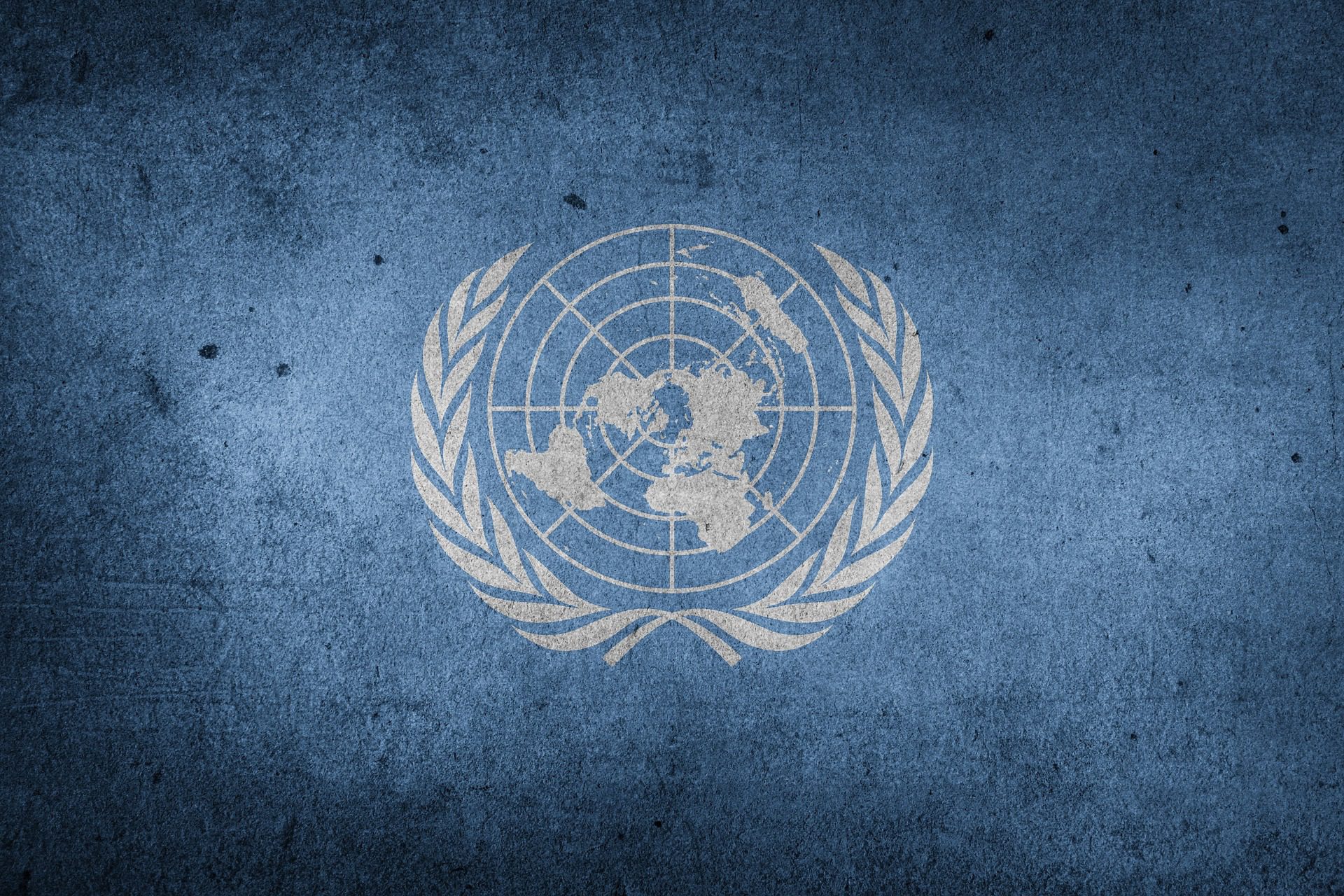A Case of the Blues? United Nations Day 2016
Buildings around the globe were lit blue today to mark United Nations Day.
On the twenty-fourth of October each year, the world commemorates the entry into force of the Charter of the United Nations. The organisation is often referred to as the “UN.”
The Charter, adopted in 1945, established the UN and sets out, through its one hundred and eleven articles, the mandate of the UN’s many branches. Two of the most well-known branches of the UN are the (i) Security Council, charged with the maintenance of international peace and security; and (ii) General Assembly, tasked mainly with being a forum for open debate among UN member states and officials.
UN member states and affiliated entities often commemorate UN Day by projecting blue lights on to buildings of national and/or international significance. While blue is the emblematic colour of the UN, lights symbolise hope that the UN will one day fulfil the main goal of its founding Charter – the creation of a better, safer and more peaceful world for all.
The seventy-first anniversary of the UN Charter comes in the midst of a murky global political background, however. There’s the ongoing situation in Syria. The refugee crisis (including the controversy surrounding the so-called “Calais Jungle”). The uncertainty posed by Brexit. And the ever heightening political tensions between powerful states, not least Russia, United States and United Kingdom.
Today’s geopolitical climate raises questions over whether the UN is an organisation worthy of commemoration by those whose interests it was designed to serve and protect – “the peoples of the world.” This is because the mandate of the UN places the organisation at the centre of each crisis happening around the world today. The adoption of the UN Charter seventy-one years ago kickstarted the UN’s relationship with disaster and suffering. And it is the Charter which has ensured the survival of this tempestuous relationship for over seven decades.
Numerous arguments have been made about why the UN is so commonly declared as that which is not fit for purpose. But, in the end, the arguments surrounding the UN’s efficacy come down to two key issues. Both issues are tied to the Charter being commemorated today. And both relate to the nature and scope of world politics having changed dramatically since the Charter’s articles were drafted.
The UN Charter is Legally Binding
The first issue is that the Charter is a treaty. This means that the articles contained in the Charter are legally binding on member states. The main challenge this presents is that changes to how an article is interpreted are almost always slow in coming, irrespective of whether circumstances demand a quick solution.
A primary example of this is the use of the veto in the UN Security Council. The Charter awards each of the five permanent member states of the UN Security Council – China, France, Russia, United Kingdom, United States – a veto power. In short, the veto power means that each of these five states can block any action designed to maintain international peace and security from being undertaken with the Security Council’s seal of approval.
Recent history, reminds us just how high the human cost of the veto can be. China and Russia’s use of the veto with the situation in Syria has had a paralysing effect on the international community’s ability to respond effectively to this crisis. In turn, global society has essentially been left to feed the starvation of the children of Aleppo.
As the veto power was awarded to these five states through a legally binding instrument, the international community cannot automatically overhaul such decisions. Rather, the international community has to focus on trying to persuade and pressurise these five states into putting humanity above their own national political interests.
Steps in this direction are being taken every day through the auspices of the UN. One example is the ongoing discussions among UN member states to introduce, by way of a gentleman’s agreement, restrictions on using the veto in situations involving mass atrocity crimes. Syria is a case in point.
The UN Charter was Devised in 1945
The second, related, issue is that particular states were made chiefs in the UN in 1945. At this time, the Charter drafters were processing the horrific events of the First and Second World Wars.
The drafters aim was ‘to save succeeding generations from the scourge of war, which twice […] has brought untold sorrow to mankind.’ A noble aim but one which was seen through the lens of recent events of the time.
The view was that the world would be safer if China, Russia, France, United Kingdom and the United States were given a position of superiority, one from which they could work on world issues together.
Events in the decades that have passed since have shown the flaws in this design. The Cold War. The collapse of the Soviet Union. Regularly we witness conflict among the five states charged with standing together and leading the rest of the world to peace. These tensions tend to have a spillover effect on the UN.
More generally, global development since 1945 gives rise to consistent questioning whether it is fair for these five states to keep a stronger decision-making role in the UN than other states.
The UN Charter Lives On
Seventy-one years after the UN Charter entered into force, it cannot be said that ‘we, the peoples of the world,’ do not have justifiable reasons for feeling let down by the UN. The blue badge of the UN has cracks and these cracks have given rise to a case of the blues in people the world over. However, the cracks have been there for over seven decades and, yet, the UN continues.
While the UN has not yet managed to ‘save succeeding generations from the scourge of war,’ the Charter still stands. And, for so long as the instrument remains in place, the onus to one day realise this aspiration falls on each and every one of us, ‘the peoples of the United Nations.’
Help keep news FREE for our readers
Supporting your local community newspaper/online news outlet is crucial now more than ever. If you believe in independent journalism, then consider making a valuable contribution by making a one-time or monthly donation. We operate in rural areas where providing unbiased news can be challenging. Read More About Supporting The West Wales Chronicle




















